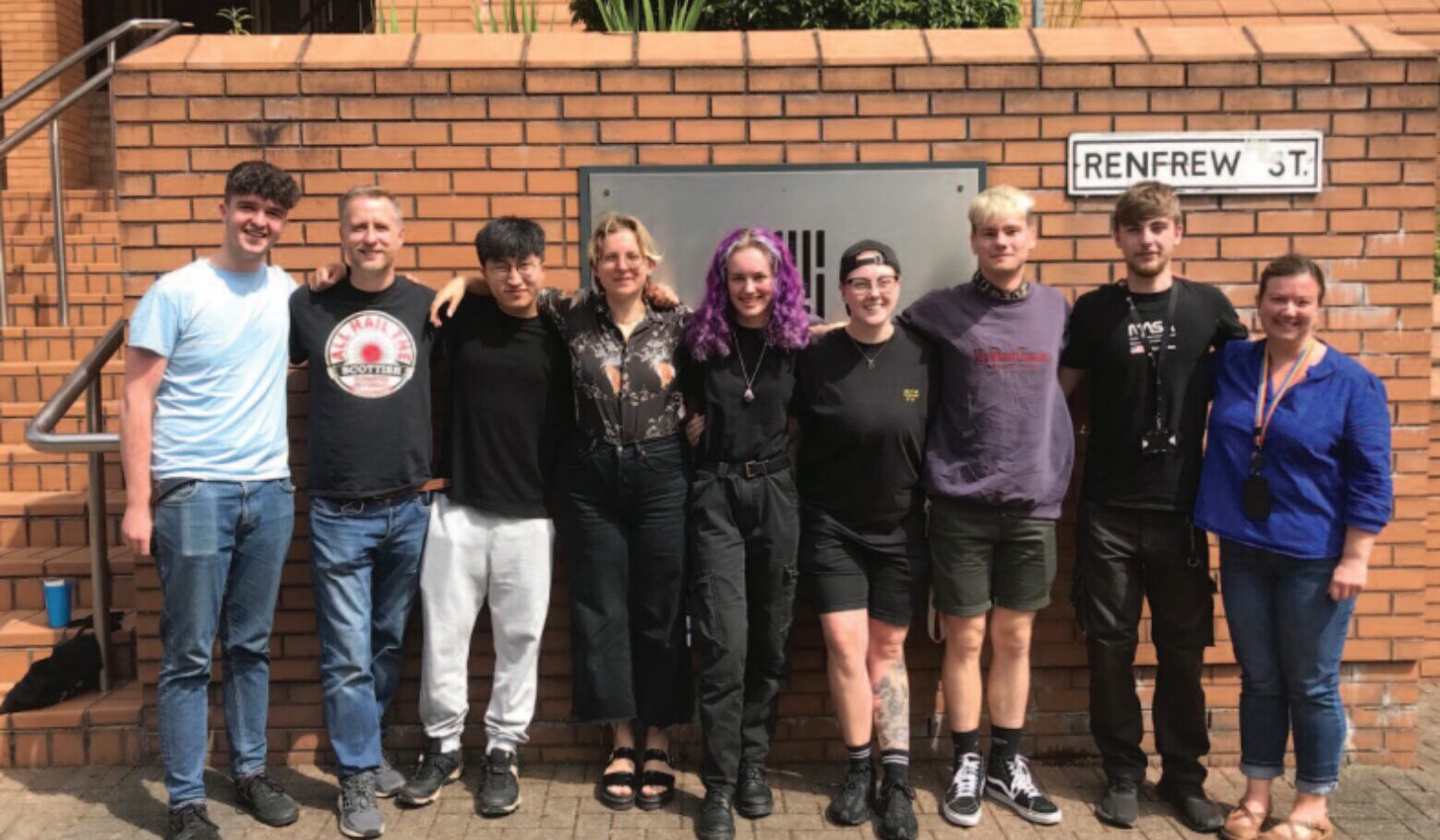Community, Leadership, Experimentation, Diversity, & Education
Pittsburgh Arts, Regional Theatre, New Work, Producing, Copyright, Labor Unions,
New Products, Coping Skills, J-O-Bs...
Theatre industry news, University & School of Drama Announcements, plus occasional course support for
Carnegie Mellon School of Drama Faculty, Staff, Students, and Alumni.
CMU School of Drama
Friday, March 28, 2025
Theatre Sound Education: Collaboration and Community
StageLync: In recent decades, increasing numbers of early career theatre Sound practitioners start their journey in a formal education setting. Many of us older folk did not have the opportunity to benefit from a selection of school qualifications as diverse as to include Music Technology, Graphic Communication and Computer Science, all of which feed into supporting young people gain a broad skill set that helps feed into an Arts career. Despite the Conservative government’s asserted efforts to diminish the type of arts qualifications available, such as BTEC awards and National Progression Awards, recently there is anecdotal evidence that there has been an increase in apprenticeships and mentored roles.
Subscribe to:
Post Comments (Atom)

3 comments:
First off, I am super grateful that I have the opportunity to study sound and technology at an incredible school that will give a great education and experience so that I can be fully ready to join the working world. I am super grateful that I can study such a topic and learn as much as I can about it. I agree with a lot of what is stated in this article about learning and the theatre sound world. I am glad that CMU has such an emphasis of hands on learning right from the start. Being on sound workstudy has allowed to me learn as much as a class taken in sound as well as giving me practical skills and knowledge of how load in/strike works for sound. Additionally, I recognize the influence that Covid had on kids and the strong lack of social and collaborative skills. I have seen it with my own eyes in underclassmen when I was in secondary school. Im happy to hear that institutions are working to correct the skills lost and trying to create collaborative environments for students to learn in - something they will have to do for the rest of their lives.
I liked a lot of the points this article made. Specifically the point about the importance of community. Collaboration is a huge part of theatre, and I think that includes both collaboration within a show but also collaboration in the sense of helping one another. I also thought it was interesting how this article analyzed the effects of outside influences on how people get training. Overall, I agree with the author’s analysis that formal education and professional experience best work when they exist in tandem and when both parties in the learning relationship are willing to learn from one another. A phrase that stuck out to me was “collaboration and respect working together synonymously.” I think that’s a lovely way of putting the point that the author is trying to make. When a person feels respected, they are more comfortable learning and making mistakes because they don’t feel like they have to prove themselves.
It’s sad but also a little comforting in a weird way to see that the negative social effects from the pandemic are alive all over the world and not just the United States. I think social practice and practice in the field is incredibly important as a sound engineer. One of the things that was especially hard for me to learn as a neurodivergent person, was “where is my place when I am hired?”. I think this role is hard to figure out for everyone. One of the things I often tackled was at what point do I intervene and express my own opinion. Because it’s important to remember that if you’re being hired as a sound engineer, you are only being hired as an engineer, not a designer. Work in the field is important to figure out those boundaries, but also building up morale with a team. If the people who hire you trust you and like you, then they’ll trust your decision to fix a few things.
Post a Comment